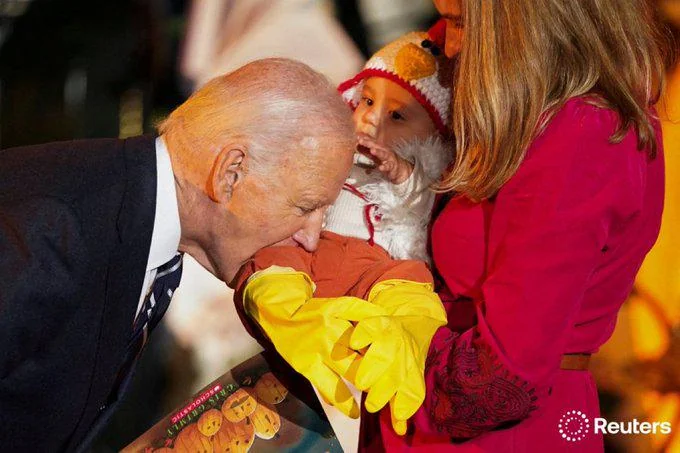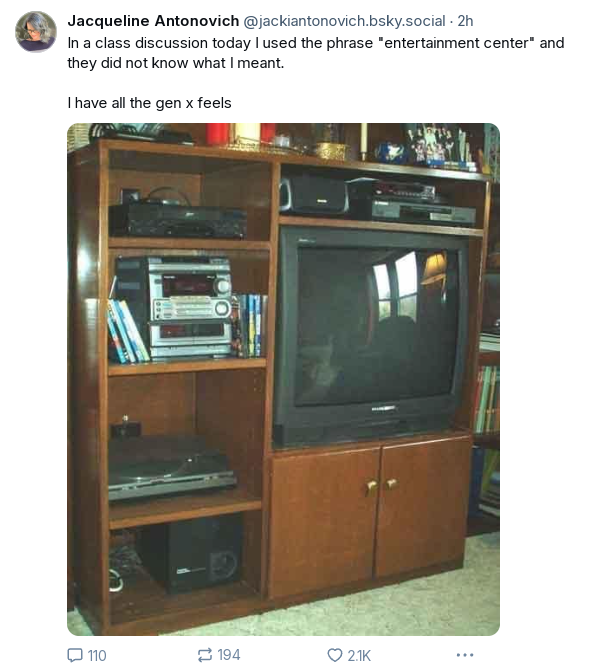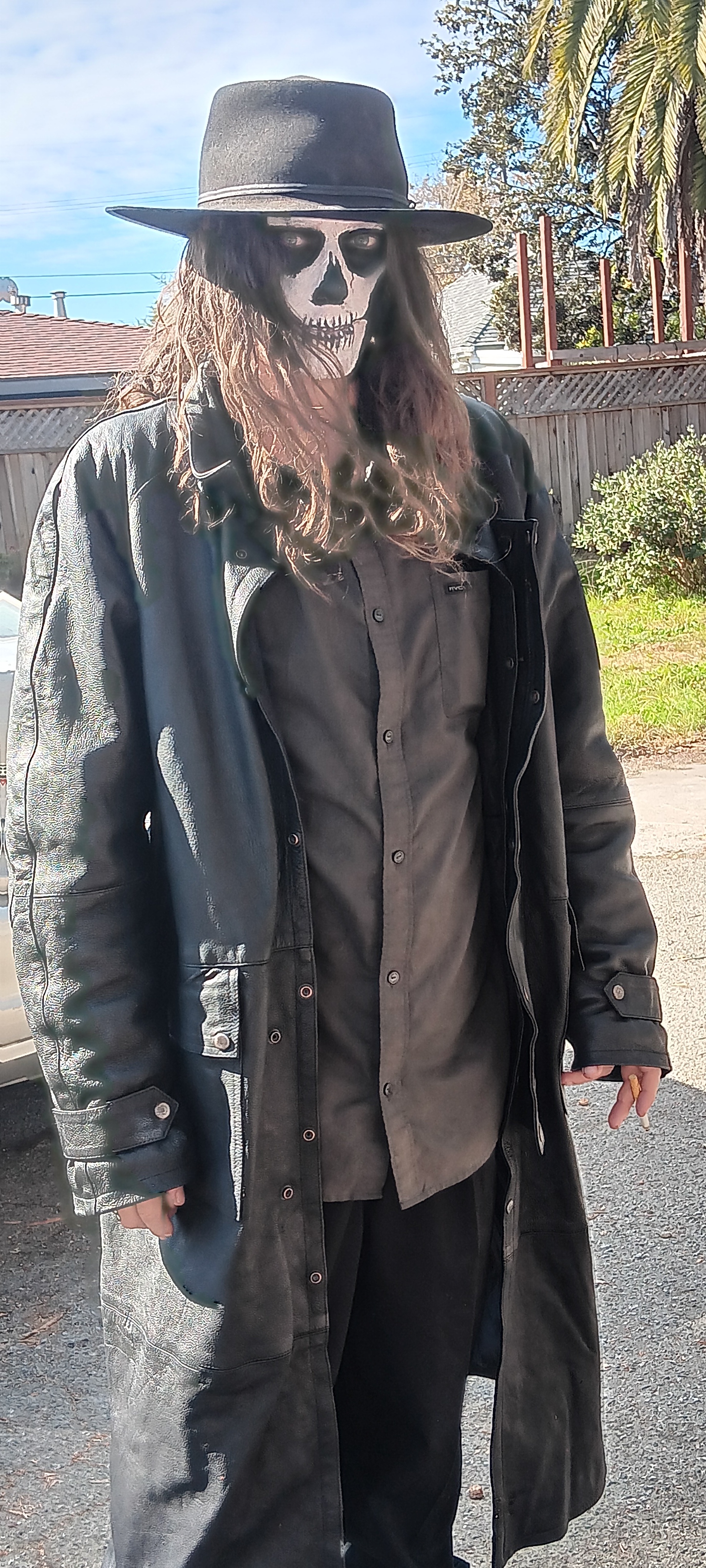Five-0 Slept on the Job
CBS Changed Script to Make Feds Look Good
Nov. 1, 1999
By Tami Sheheri
Axed actor Cliff Eblen
NEW YORK (APBnews.com) It took Hawaii Five-O rookie actor Clarence "Cliff" Eblen 30 years after his first appearance as an FBI agent on the show to find out why he lost his job.
Newly released records obtained by APBnews.com through the Freedom of Information Act reveal that CBS cut Eblen's character, FBI Agent Jasper, after Hawaii Five-0's third episode because the bureau didn't like the way it was portrayed. A CBS program practices division official who made the script available to the bureau said he had the authority to "control script content" and dropped the character.
"I had no idea whatsoever," said Eblen when APBnews.com contacted him at his Hawaii home. "I just thought it was my acting."
Eblen, 75, who went on to act onstage and founded Hawaii Public Radio, played the role of a lackluster FBI agent who slept at his desk while the show's star worked through the night.
In the show's third episode, "Tiger by the Tail," the plot revolves around a young singer whose career has dwindled. He recruits two cohorts and fakes his own kidnapping to drum up some publicity. When his kidnappers realize how much money the singer's father is willing to pay for his son's safe return, the duo continues with the hoax, but for real.
The show's main character, Detective Steve McGarrett (portrayed by actor Jack Lord) immediately springs into action with his band of merry law enforcement officers, which includes the dubious Jasper.
FBI displeased with plot development
In the script, Jasper declares that officially he must wait 24 hours before the case can legally become an FBI investigation. This caught the attention of the FBI, which cautioned that in a real kidnapping the FBI would have a "dominant" and "aggressive" role, not the "secondary" one portrayed by Jasper.
The internal FBI memo also notes the bureau was displeased at a plot development that had the FBI involved in an "entrapment" for the villains. The memo also notes a scene where Jasper snoozes with his feet on the desk as McGarrett toils around him.
According to the bureau's memo, the network contact told the FBI that "CBS had erred in not having prior discussion with the FBI in connection with this portrayal" and said "there was no intent to portray the FBI in an inaccurate or unfavorable manner."
As far as Eblen recalls, Jasper got shot up in an alley somewhere off camera. When he reported for his second appearance as Jasper, he received the surprising news. "The director looked at me and said, 'Oh damn! I forgot to call you,'" said Eblen. "They had cut me out. I sat around for a while, then I left."
'This is so bizarre'
Eblen said he has fond memories of the show, though he says he is "amazed" to learn from APBnews.com why his character was cut. "It was fun, it paid well. I had no idea the FBI took note," he said. "It's funny the FBI took itself so seriously."
CBS officials would not comment, and the media relations department did not return repeated calls from APBnews.com by press time.
"I'm stunned, this is so bizarre," said Karen Rhodes, author of Booking Hawaii Five-0. "It's not the sort of thing we pay our taxes for."
Rex Tomb, a representative for the FBI's Fugitive Publicity and Internet Media Services Unit, said the bureau is now a little more relaxed about negative portrayals of itself. "I might bring something like that to someone's attention today, and if they change it that's OK. If not, I'll have to live with it," he said. Tomb said he receives about 30 queries a month, most of them unproblematic.
Although the FBI no longer hovers over production sets, the media services unit provides information to filmmakers, book projects, documentaries and television shows.
Lending the media a helping hand
The climate today, however, is far different from the days of FBI Director J. Edgar Hoover. Back then, the media were terrified to rub Hoover the wrong way for fear of being investigated or labeled as communists. Today the media are concerned more with a desire for truthfulness and accuracy; they're no longer under any obligation to cater to an FBI director's whims.
For example, someone might want to know what type of weapon an agent would use or ask to survey an area. "We get a lot of people who want to come in and see what a particular office might look like," said Tomb. The nine-person unit devotes a significant amount of its time to film producers, authors and television shows, reviewing scripts and answering questions about the bureau. As for the advice, Tomb says sometimes it is "very politely ignored. Sometimes the truth may not be exciting enough."
Even when the FBI objects to racy content or inaccuracy in a project, Tomb said it is better to lend the media a helping hand than to turn them away. With films, books and television reaching huge audiences worldwide, "it pays to try and help them get it right," he said. "If I feel we've helped change a scene, it's an enormous accomplishment."
For example, the makers of Ransom, the 1996 child-kidnapping thriller starring Mel Gibson as a vengeful father, consulted the FBI, said Tomb. "The Ransom producers ... had some scenes where they wanted to know how an agent would act or how an agent would conduct themselves. After talking to us, they rewrote it."
Hawaii Five-O remains the longest continuously running police show on TV. It premiered with a two-hour movie Sept. 20, 1968, and ended April 5, 1980, after 12 seasons and 278 episodes. Its colorful characters, beautiful sets and cheesy dialogue captured the devotion of fans then and now. A new feature film is in the works and is expected to begin production soon.
For the record, "Tiger by the Tail" does not feature McGarrett uttering his trademark demand, "Book 'em, Danno!"
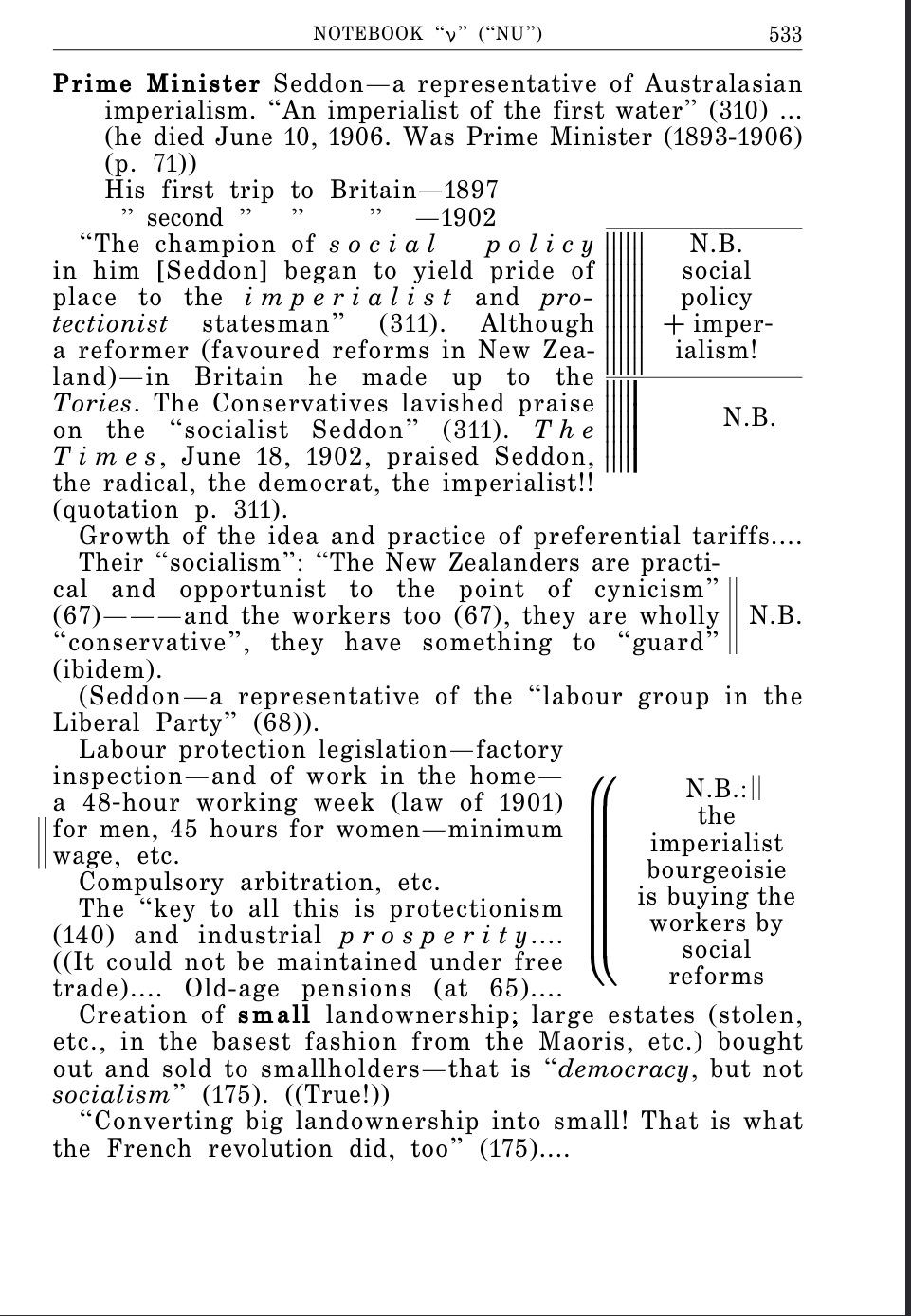
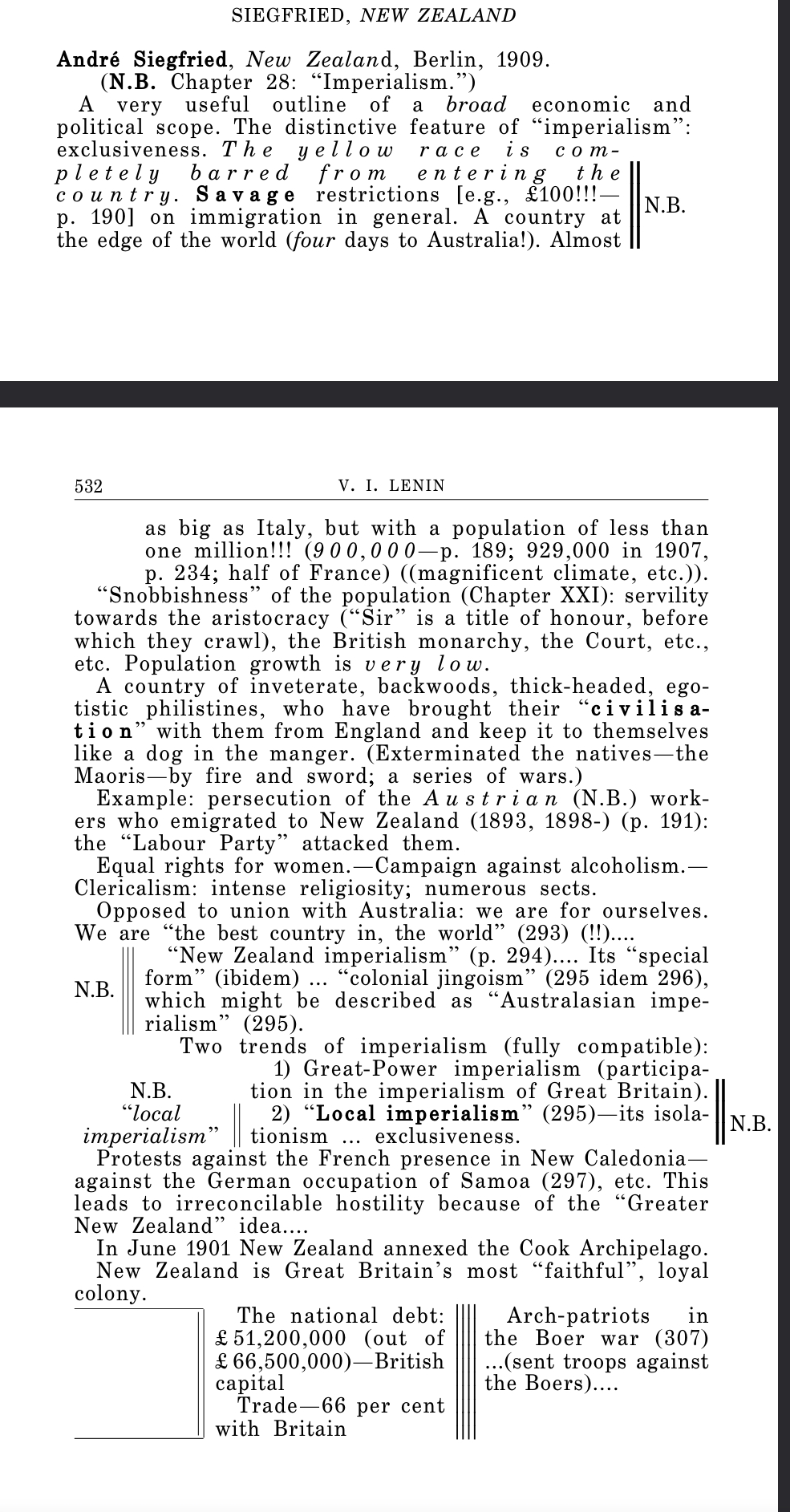
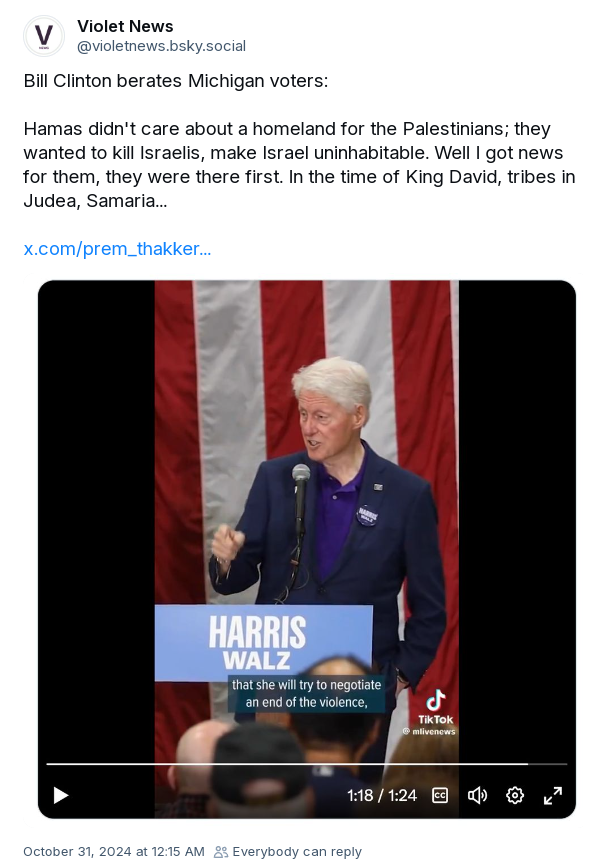

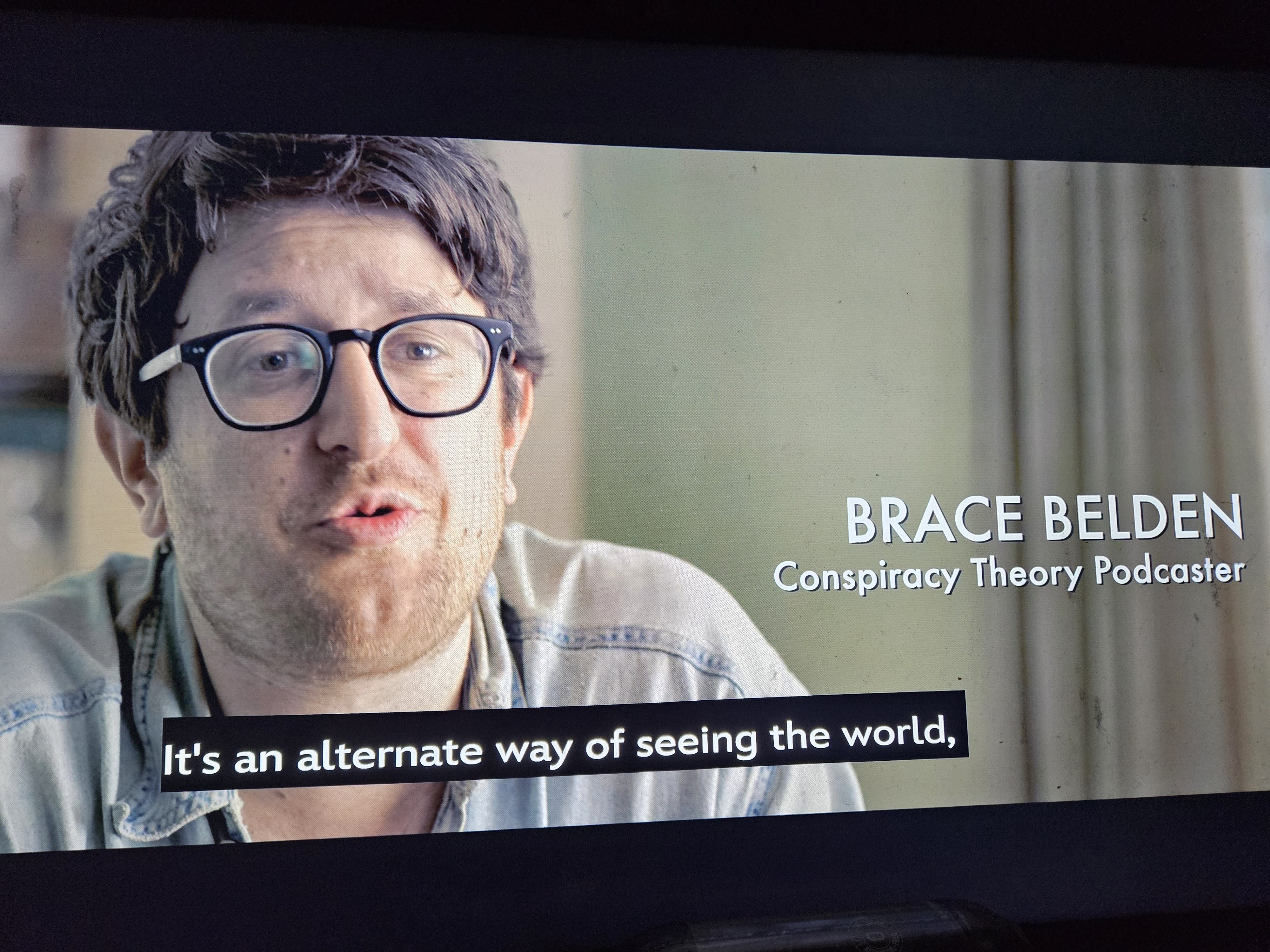
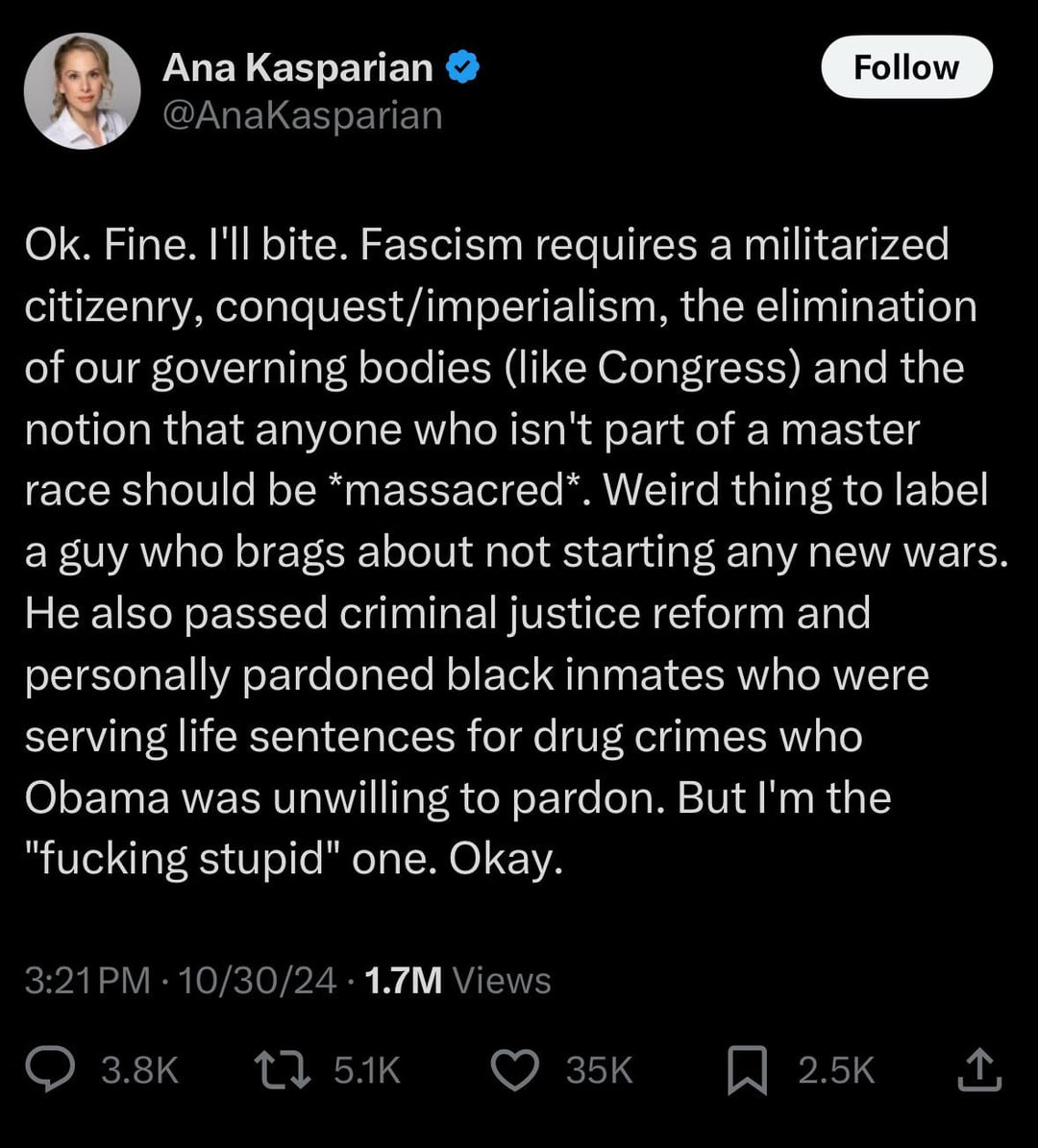
 May they bring peace to the barbaric lands of the Americans.
May they bring peace to the barbaric lands of the Americans.

